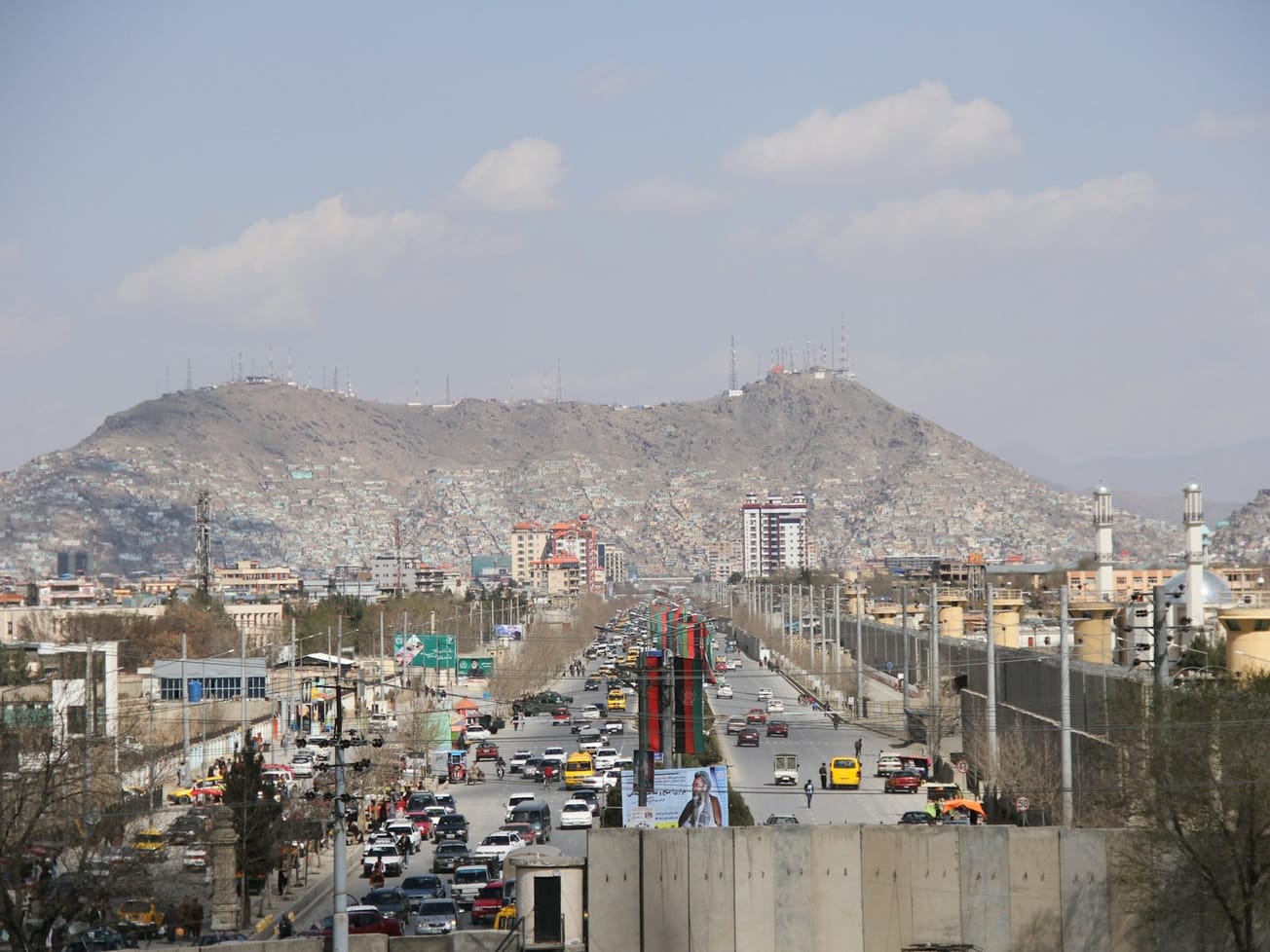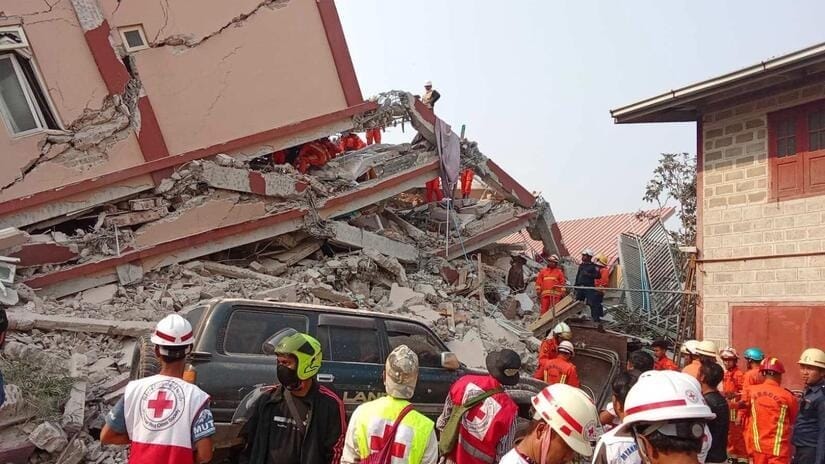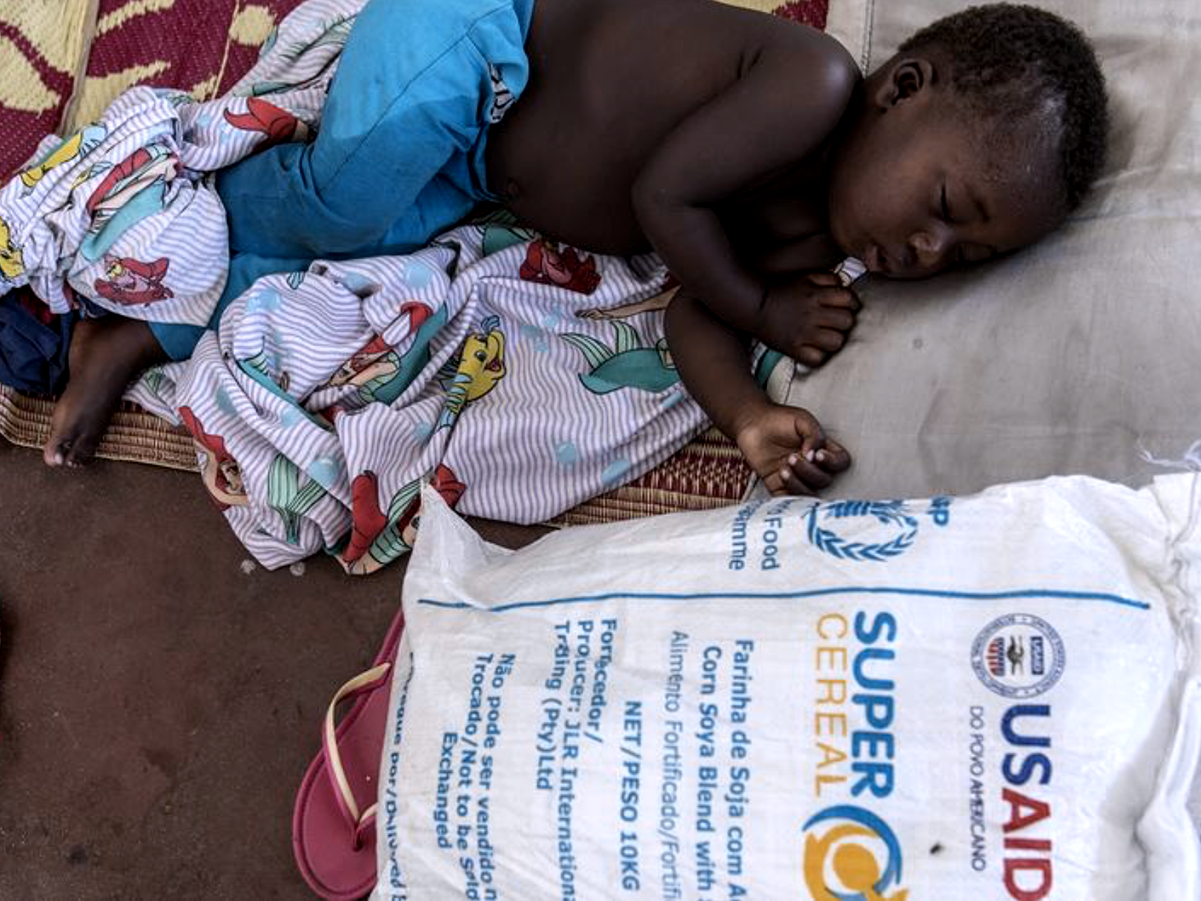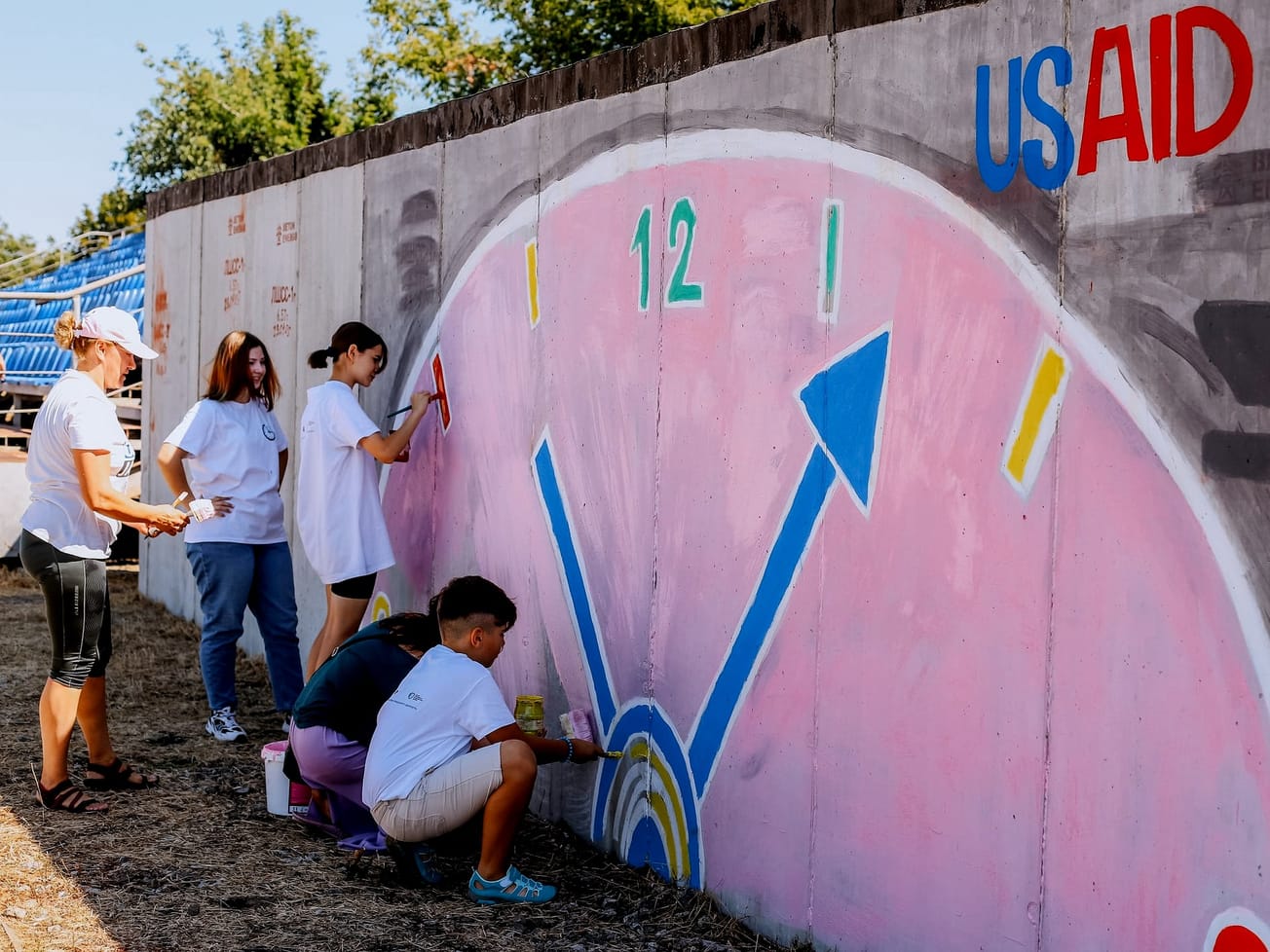About 85% of the U.N. staff in Afghanistan are being told to stay at home due to the Taliban's illegal prohibition against female Afghan aid workers.
The United Nations Assistance Mission in Afghanistan said on Tuesday it told 3,300 national staff, women and men, not to report to U.N. offices, with "only limited and calibrated exceptions made for critical tasks."









